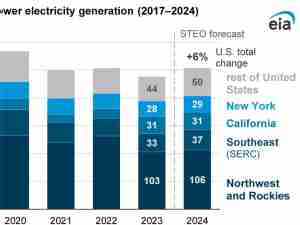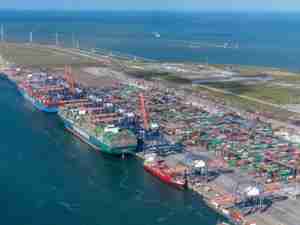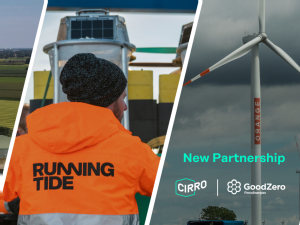TransCanada looking at oil port sites outside Quebec
By: Reuters | Apr 08 2015 at 01:00 PM | Ports & Terminals
TransCanada Corp will widen its search for sites for an oil-pipeline export terminal outside Quebec after scrapping plans to build one in the province due to environmental concerns, the company’s chief executive said on Wednesday.
CEO Russ Girling, speaking to reporters at an industry conference in Toronto, also said TransCanada may decide that its Energy East pipeline project, which would transport crude from the Alberta oil sands to Canada’s east coast, may involve just one export terminal instead of the two that had been envisioned.
TransCanada halted work on the Cacouna terminal, on the south shore of the St. Lawrence River in Quebec, in December after experts said it would harm endangered beluga whales. Last week the company called off the terminal project, a move that delays the C$12 billion ($960 million) Energy East pipeline.
“We looked at a number of alternatives before we chose Cacouna, so we’ll go back to all of those alternatives now,” Girling said.
He said some alternatives are in Quebec, and some are not. He also said the revised plan would not necessarily include two terminals.
“It will be up to both our shippers and stakeholders along the route,” he said. “We have a tremendous amount of flexibility in terms of how we build this pipeline.”
The second export terminal on the 4,600-kilometer (2,858-mile) line was planned to be built at the pipeline’s terminus in Saint John, New Brunswick.
Girling said building a terminal in New Brunswick still makes sense “in almost any configuration that we’re thinking about”.
If TransCanada does not build an export terminal in Quebec, Energy East could avoid some regulatory barriers, but the project would also create fewer long-term jobs in the province. The government of Quebec has said it will only support Energy East if the pipeline benefits the province economically.
Asked about mergers and acquisitions, Girling said TransCanada may acquire pipeline infrastructure and midstream assets if they become available, but added that the company’s major focus is building existing projects.
“But obviously some of that might get pushed out a bit further, which leaves us with financial capacity to maybe make some acquisitions,” he said.
Girling was speaking on the sidelines of the Canadian Association of Petroleum Producers’ Scotiabank Investment Symposium in Toronto.











